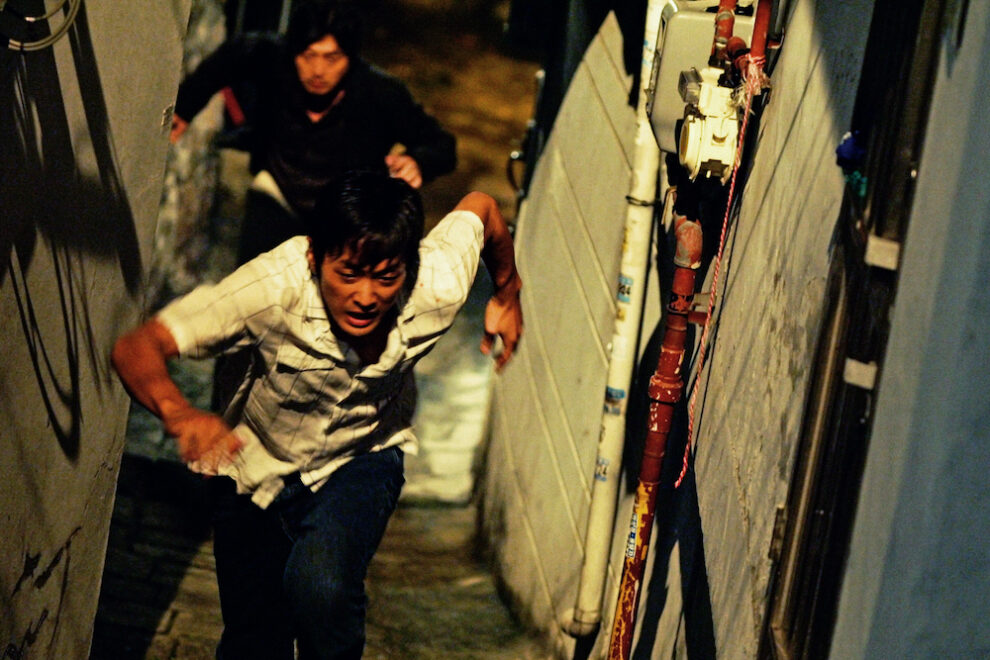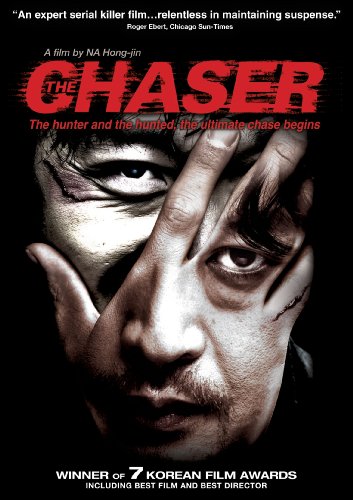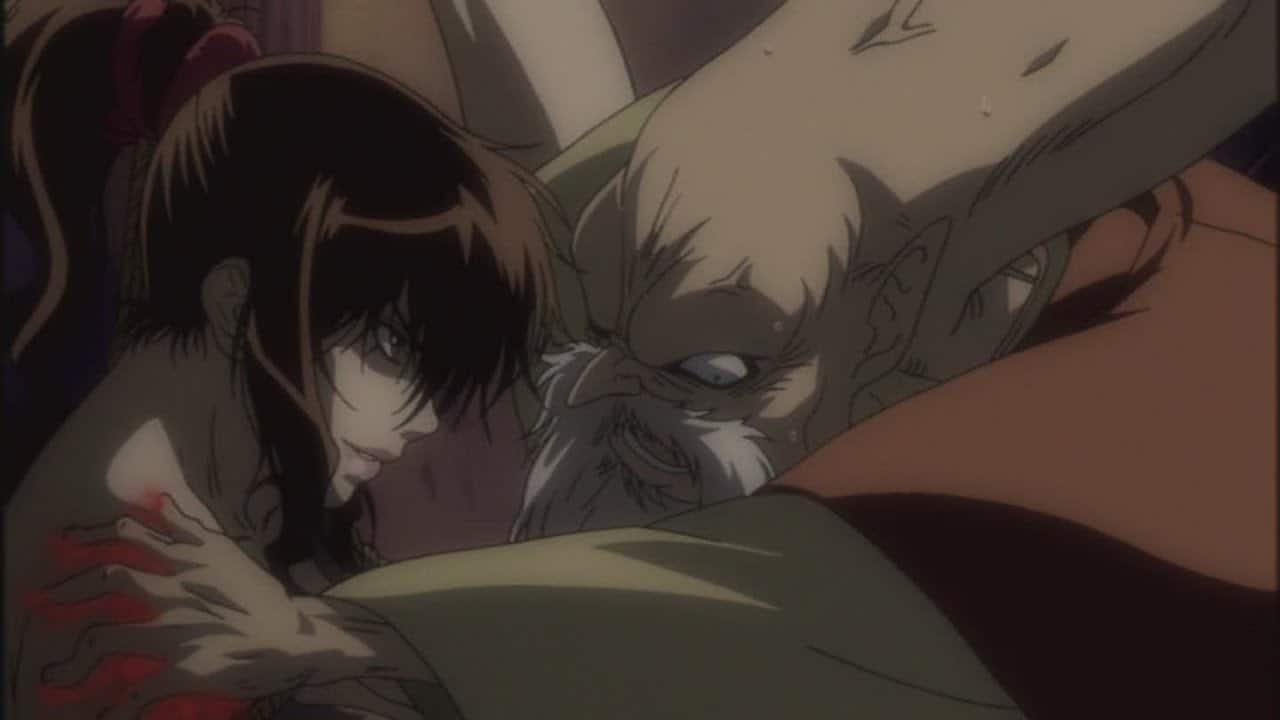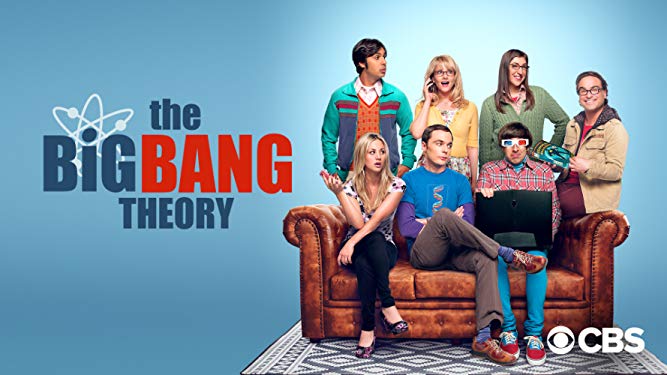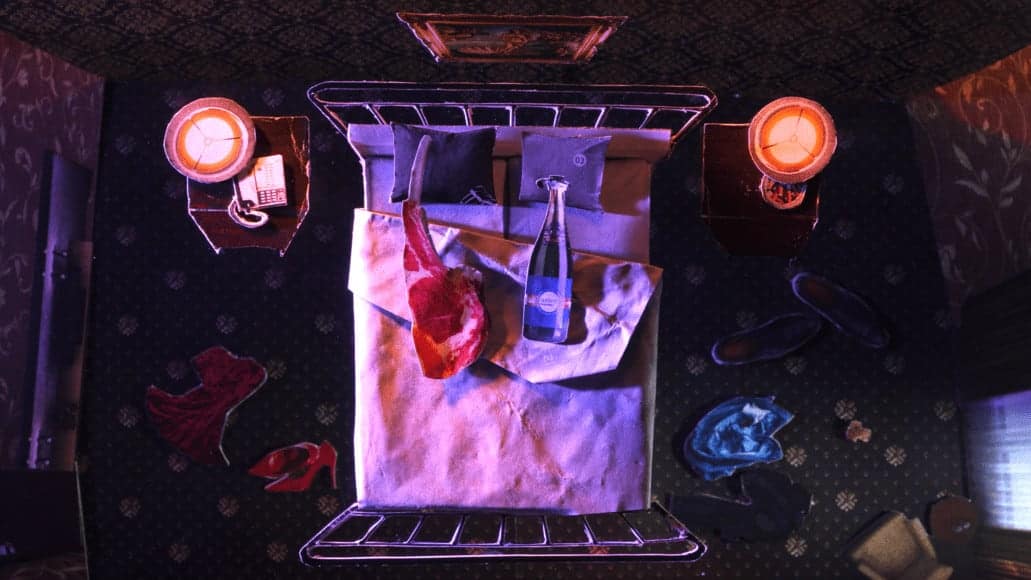The case of Yoo Young-chul was one that really shocked Korea. The 24-years-old man at the time of his arrest (2004) admitted to the murders of multiple people, mostly prostitutes and wealthy old women, and the Seoul Central District Court convicted him of 20 murders, although one case was dismissed when it was identified as being committed by another serial killer, Jeong Nam-gyu. Yoo burned three and mutilated at least 11 of his victims and admitted that he ate the livers of some of them. Yoo explained his motives in front of a TV camera saying “Women shouldn't be sluts, and the rich should know what they've done.” Three years after his sentence was carried out in 2005, Na Hong-jin came with one of the most impressive debuts in the history of Korean cinema, and one of the top crime thrillers ever to come out of the country (and the world), based on his story.
Buy This Title
Eom Joong-ho is an ex-cop who currently operates a prostitution ring along with a simpleton “assistant”, Oh-jot. As the story begins, some of his “girls” have mysteriously disappeared, while they still owe him money, putting him in a difficult financial position. Due to the lack of girls, he is forced to send the sick Mi-jin to a customer, despite her strong objections and her having to leave her little daughter, Eun-ji, alone. However, a little later, he realizes the other two girls that disappeared had a “date” with the same customer, named Je Yeong-min.
Assuming the particular individual resells the girls, she orders Mi-jin to inform him of the place they will meet. However, the things she discovers when she arrives there are much more dangerous than what Joong-ho could ever conceive, and soon the girl finds herself in extreme danger. Joong-ho eventually ends up trying to solve things with the help of the police, who repeatedly prove quite incompetent, in the midst of an assault on the Mayor of the city that has the whole of the police on its toes. Expectedly, things become more and more complicated, and even more so, when the pimp ends up having to take care of Eun-ji
Check also this article
Evidently, 2008 was not yet the era of everything having to be a “true story” and even logical for that matter, so Na Hong-jin's film has a lot of differences with what happened in reality, and some plot holes here and there. These, however, are just some minor flaws (if one can mention them as such, since this is fiction and not documentary) and the overall result is truly astonishing. Let us see why.
One of the most intriguing aspects of the movie is how he establishes who is the good and who is the evil in this case, with the lines not being exactly clear, at least in the beginning. In that fashion, Joong-ho starts and actually continues to a point of being a persona that can be perceived as evil. He was a corrupt cop who was discharged and became a pimp, essentially exploiting young girls, as his treatment of Mi-jin in the beginning eloquently highlights. His treatment of his simpleton henchman is not exactly good either, while the way he treats Eun-ji could easily be described as cruel, at least in the beginning. Furthermore, he has a temper, is violent and does not shy away from exploiting his former colleagues. Lastly, the way he ends up chasing Yeong-min highlights that he does not do it because he cares for his girls per se, but more because he thinks another pimp is poaching them from under his nose.
Gradually, though, and in masterful fashion, Na turns him into someone people are prone to like. That he eventually shows a softer side (and conscience one could say), particularly through his interactions with the little girl, is the beginning, but also the fact that he is shown to truly want to save Mi-jin after a point. Furthermore, the how evil his opponent turns out to be, and the incompetence of the police whose corrupt ways fail completely in apprehending a man who is obviously a murderer (not to mention restraining Joong-ho) make him a desperate hero, who also adds to his likeability. Lastly, the way the story unfolds adds even more to this status of his, while adding one of the favorite Korean elements, that of the melodrama, in the narrative.
Yeong-min on the other hand shows absolutely no remorse in his calculated crimes, not even a shred of conscience, while the fact he remains calm even throughout his arrest, adds even more to his sinister personality. That the only moment he loses his composure is when a clinical psychiatrist the police have brought in to make him confess mentions issues of impotence, makes the particular scene one of the most impactful in the whole movie.
Lastly, and in another very interesting element, the police are also presented as among the bad guys, with them being corrupt, incompetent, cheating, and with almost no sense of conscience or power over what is happening. Their inability to restrain the murderer, even after his confession, the way the protagonist keeps doing whatever he wants with them, and their desperation to turn the public view away from their incompetence all create a rather bleak portrait, with Na's accusation being quite evident in that regard.
Considering the aforementioned, the quality of the acting here is a definite crucial factor, and it is easy to say that the two men pass with flying colors. Kim Yoon-seok is magnificent as the anti-hero Eom-joo, with his biggest achievement being that he succeeds in emitting true humanity from a character who initially seems utterly despicable. The performance by Ha Jung-woo as Je Yeong-min is at least equal, as he portrays a bloodthirsty, impenitent, but rather competent psychopath in one of the best and most chilling renditions of an evil character. The chemistry between them as they clash, is one of the film's strongest aspects, both in their dialogues and in the action scenes. Lastly, Kim You-jung as Eun-ji frequently steals the show in the way she asserts herself in the face of people and events that should terrify her.
And talking about the action in the film, the presentation of what is happening is utterly brutal, with Na's approach lingering, and sometimes moving over the borders of exploitation, particularly in the way he implements the sound. That the victims are women, and even a dog, make the whole thing even more impactful, while also making a comment about how ‘this is a men's world', although in the most despicable fashion. The various fights, particularly between the two protagonists are also astonishing, with the fact that Joong-ho is evidently the strongest but repeatedly fails to clearly stop Yeong-min are both entertaining to watch and add to the drama presented here.
DP Lee Sung-je creates a truly hellish world, with the settings lingering from utterly claustrophobic, as in the case of the neighborhood the crime happens or the police precinct, or utterly horrid, as in the case of the basement. Kim Min-sun's editing results in an occasionally frantic pace, as dictated by the many chasing scenes, which actually set up the tone for the whole movie (and the title). Particularly the way the last part is presented, with the agony rising with every move and every word, should be taught in classes.
In contrast to the somewhat tiring obsession with realism and sticking-to-the-events approach that is the dominant ones nowadays, “The Chaser” proves that fiction is and will be the best source of entertainment in cinema. It is this quality that makes the film, along with everything we just described, a timeless masterpiece.


